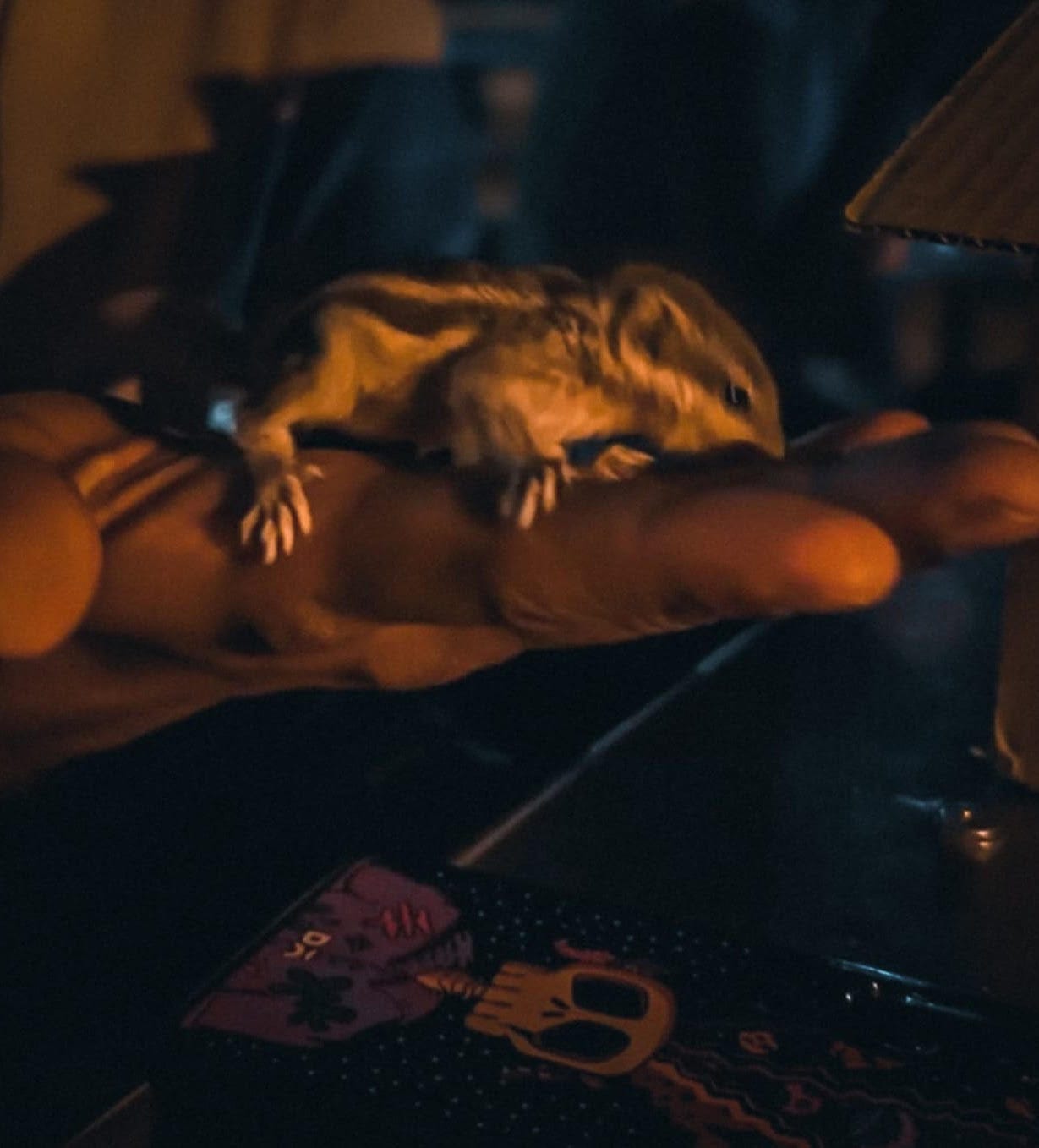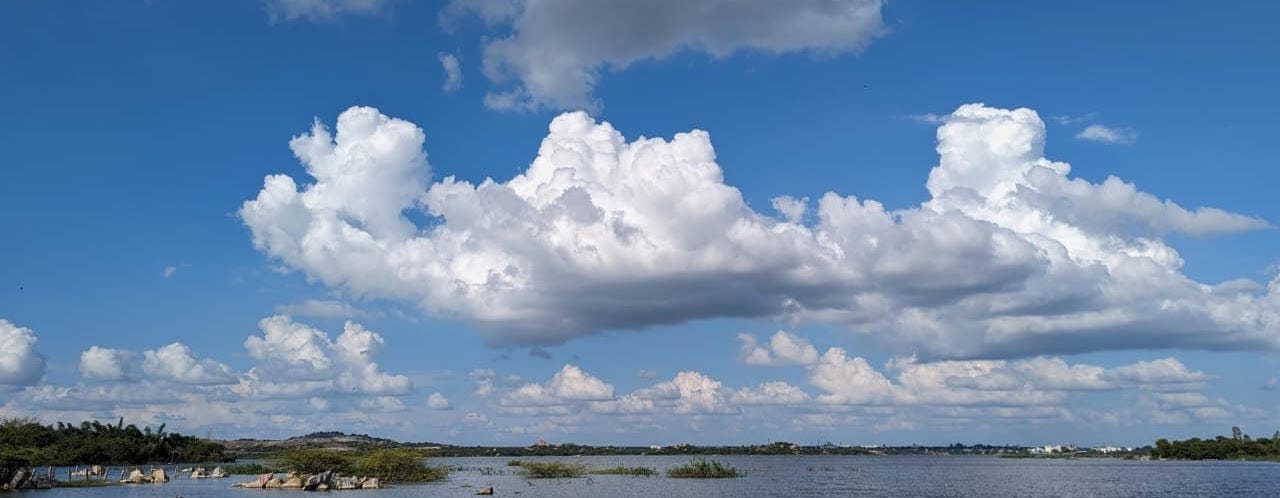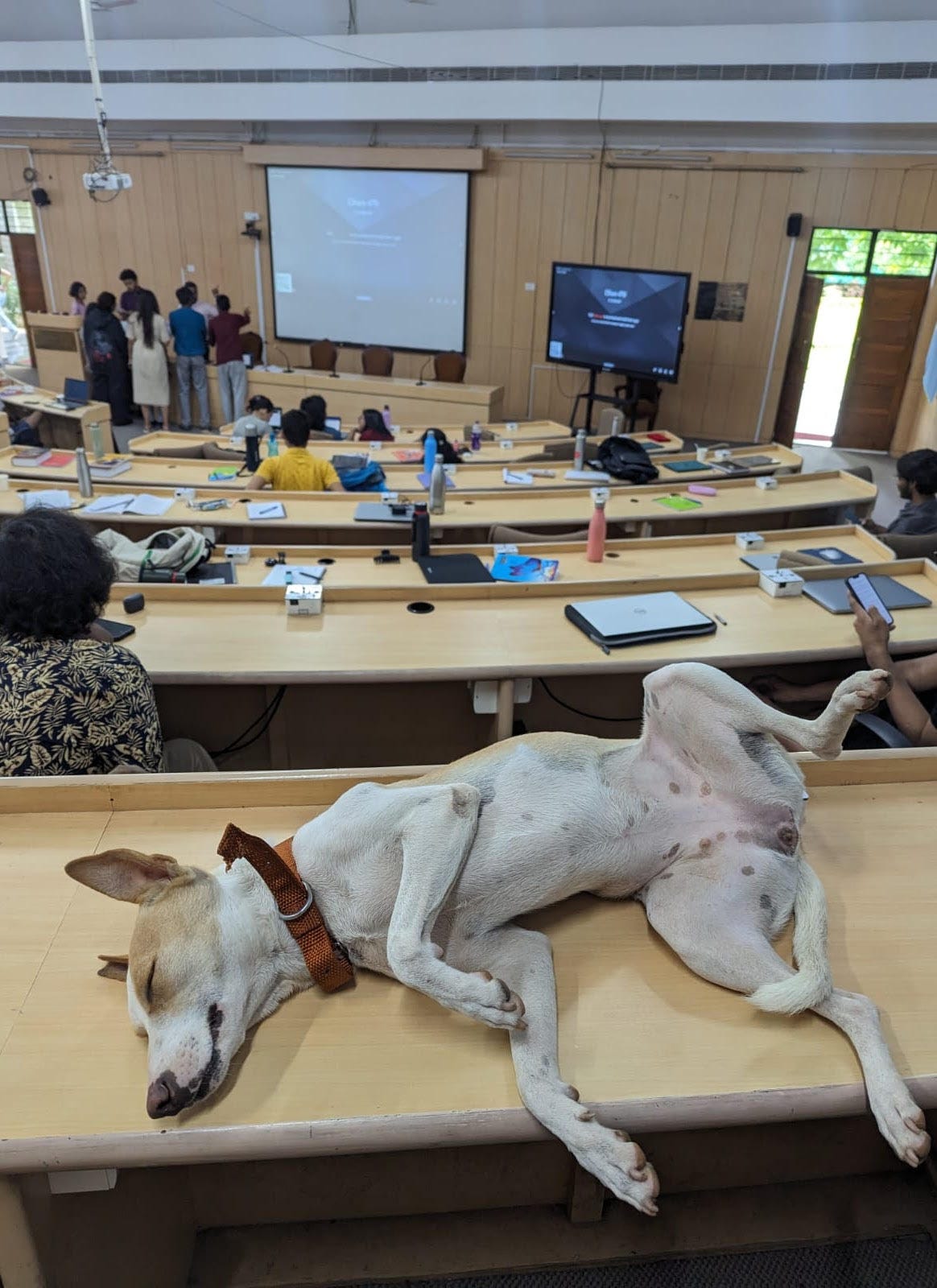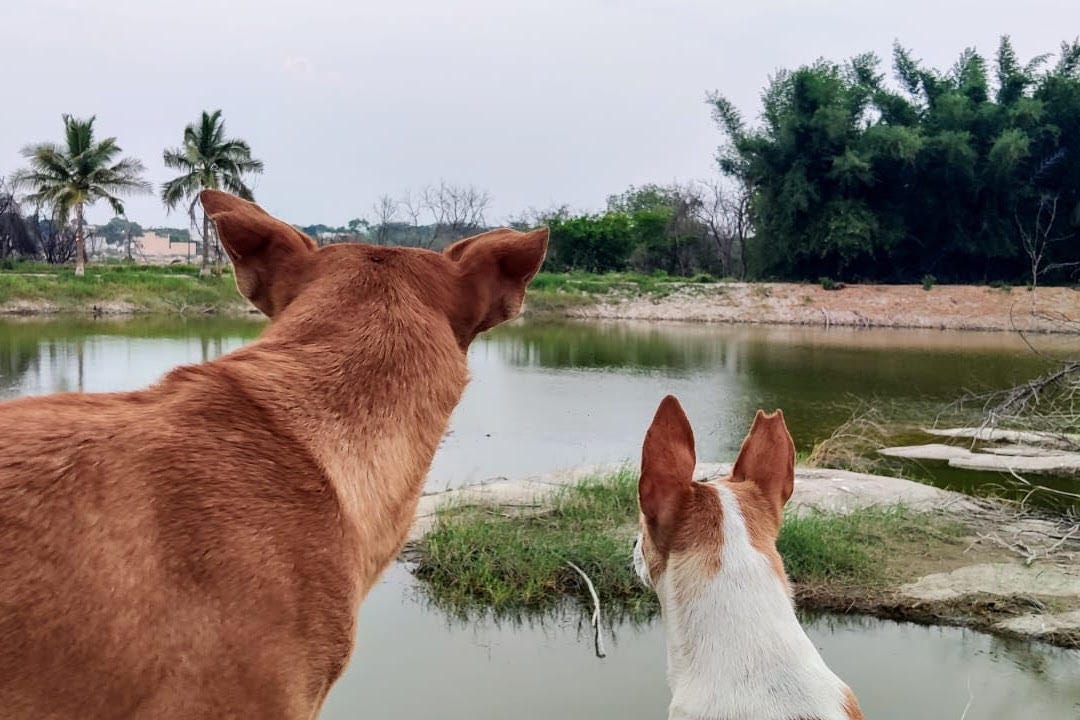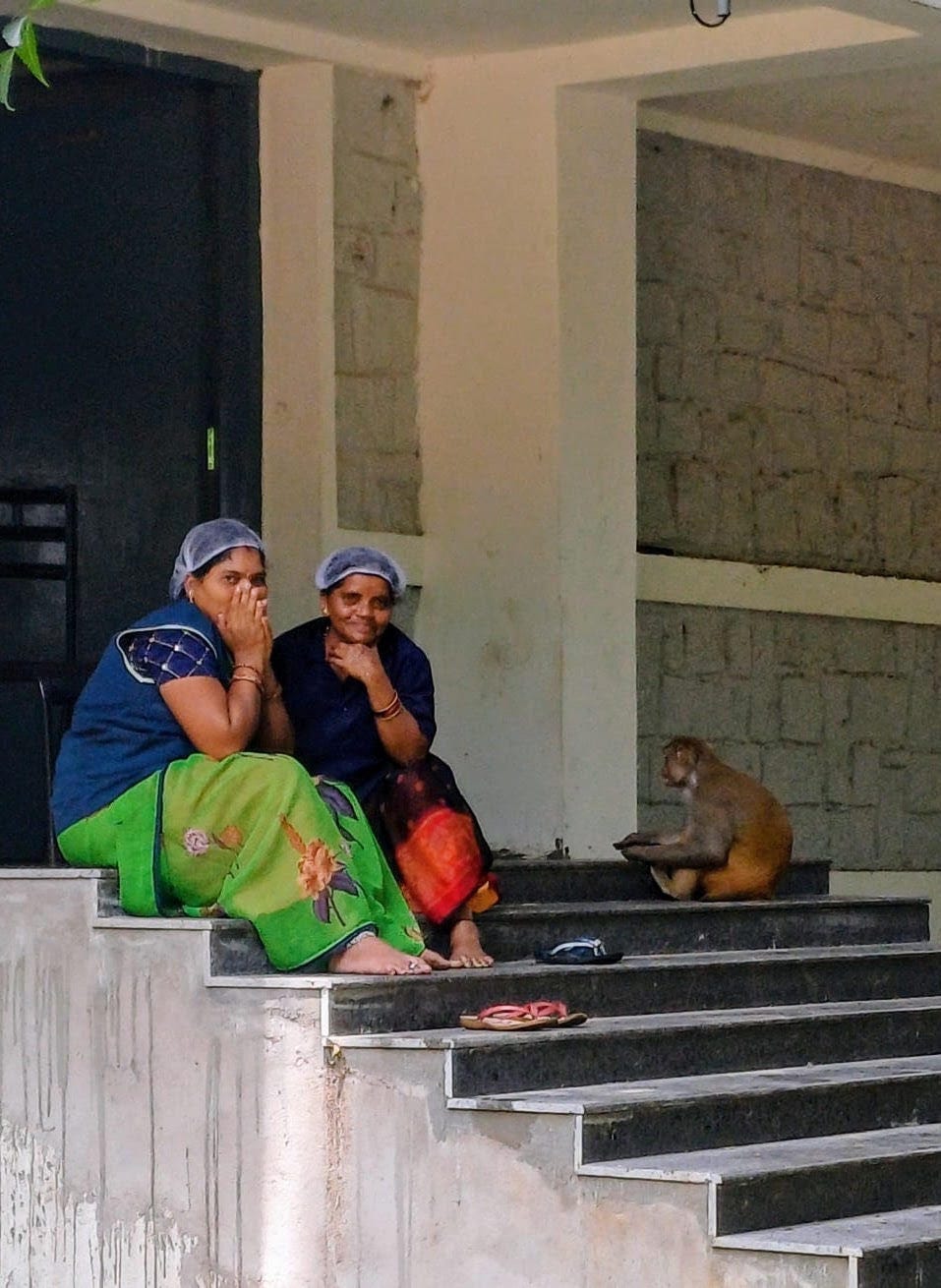Praani ki Kahani
Praani is our note on listening better to the voice of nature, ways of amplifying them, and finding pathways to bring them into our ways of governance. At Agami, we are deeply interested in how rivers, forests, animals, and even the winds and the stones, might speak into our deliberations on justice.
Offering For the Week
It Started With a Bench
In Bologna, in 2011, a group of residents wanted to repaint a bench, which is an act of care so small it should have passed unnoticed. Instead, they were sent in circles between five municipal departments, each demanding different forms, different permissions. From that farce grew the ‘Bologna Regulation on the Collaboration between Citizens and the City for the Care and Regeneration of Urban Commons’.
It created “collaboration agreements” that could be signed between citizens and the municipality - contracts that ceded small pieces of governance to those willing to weed, repair, plant, repaint. The principle behind it is subsidiarity (enshrined in Italy’s Constitution, Article 118) which says that decisions must be made at the most local level possible, by those closest to the problem because the person who sits on the bench every day knows the bench needs painting.
It might sound bureaucratic until you see it for its undoing of distance, and intimacy with place. Bureaucracy is a machine for abstraction, and subsidiarity, by contrast, insists on the near and the place-specific. It says: you live here, act accordingly!
I’ve been turning these thoughts over in my mind lately as I think about what kind of life I’m trying to build. Which city? Which court complex to haunt? Whether to traverse the escalators of the Delhi High Court, or grow into the old stone of the Telangana High Court by the Musi?
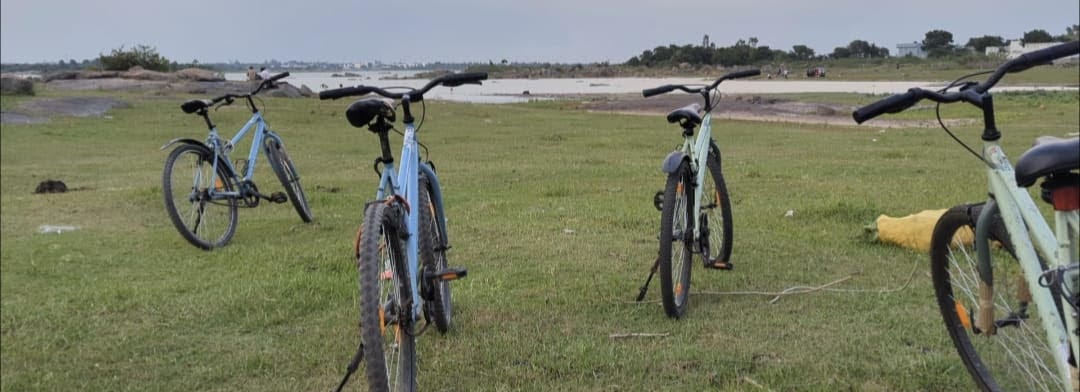
Commitment feels a strange thing at the start of my twenties. Both premature and overdue because it doesn’t seem to be about making the right choice as much as it is about making it right through the growing and maintaining of roots; the slow accretion of knowledge and affection. Love of place. Wendell Berry says that the only place one is urgently needed is at home. You begin to see how the health of the land, the vitality of its creatures, and your own inner coherence are not three things but one long conversation. What might be my site of intimacy?
At law school, it’s easy to forget that law, at its barest and best, is just the language of how we might live together. I wondered what that language might sound like if written not in the voice of the state, but of a campus learning to notice itself. And so, in a fit of affection and imitation, I had some fun with it:
Collaboration Agreement
Re: The shared care of NALSAR’s green spaces and the practice of noticing
Between: Students (temporary, five years, maintaining a Google Doc of dog particulars and a WhatsApp group for bird sightings)
And: Dogs - Daaru, Dumbo, Biscoff, MJ, Rangrez, and twelve others (territories mapped, vaccination dates noted, the white mark on Arya’s snout an identifier)
And: Birds (kingfishers, red-vented bulbuls, paradise flycatchers, spot-billed pelicans… so many!)
And: Rhesus macaques (have strong opinions about whose lunch belongs to whom)
And: Monsoon residents (rat snakes, scorpions, dragonflies, mushrooms that come and go with the rain)And: The Gardening Staff (have been here before any current student, names we should know)
WHEREAS students use these spaces for studying, socializing, blowing in the wind;
WHEREAS dogs have established territories with more permanence than any student will achieve;
WHEREAS macaques prove daily that NALSAR’s boundaries are negotiable;
WHEREAS monsoon residents arrive to remind us that manicured spaces are one rainfall away from wildness;
WHEREAS grass endures foot traffic, DJ nights, sleeping bodies, and still grows;
WHEREAS mushrooms appear where landscaping said nothing should grow;
WHEREAS gardening staff tend these spaces daily - work we benefit from and barely acknowledge;
WHEREAS the principle of subsidiarity holds that those who live in a place know what it needs;
NOW, THEREFORE:
Students agree to: check shoes for scorpions, feed the dogs, acknowledge that grass is tended by people whose names we should also know.
Dogs agree to: alert to snakes and strangers, to fight away aggressive monkeys and befriend the friendly ones.
Macaques agree to: steal food democratically (no student is exempt).
Monsoon residents agree to: arrive on schedule and leave when the season ends, gifting and not guaranteeing their presence.
Grass agrees to: provide a surface softer than concrete.
Gardening staff agree to: tend the grass that tends us and know this place in ways students never will.




